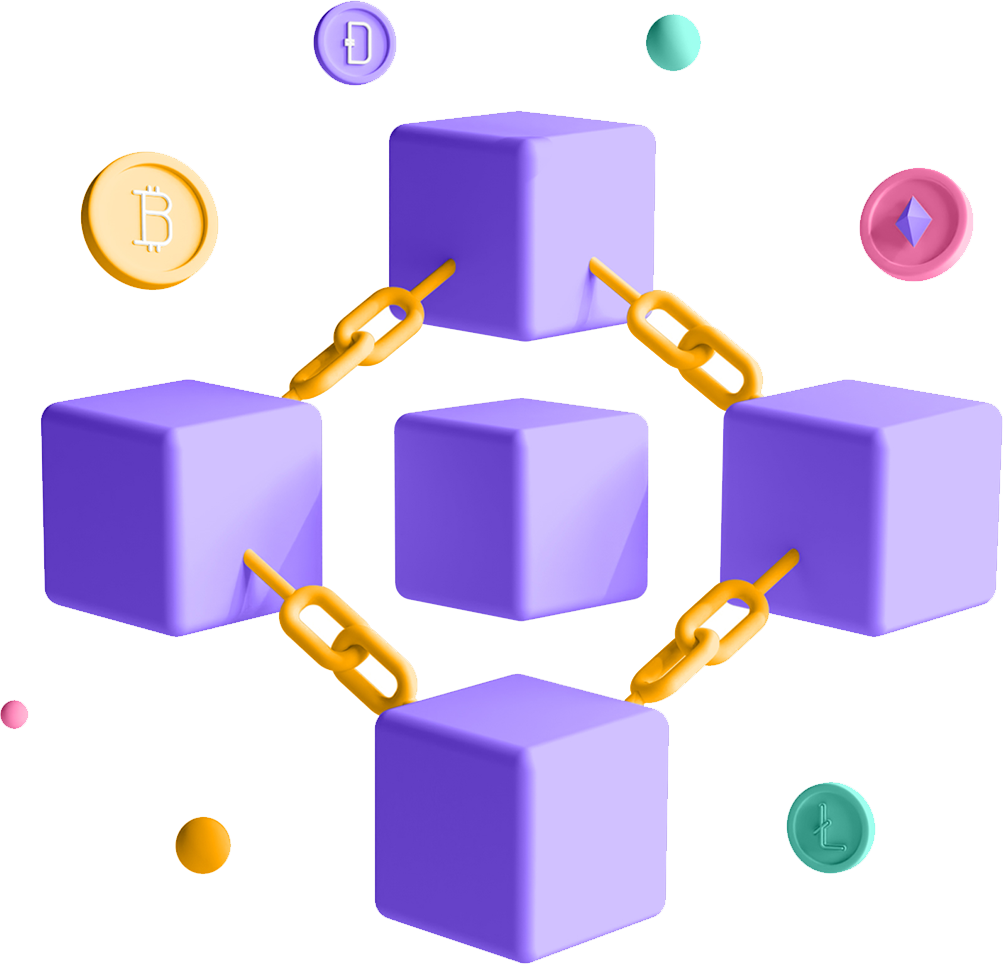Blockchain technology plays a significant role in Industry 4.0, revolutionizing various aspects of manufacturing and supply chain management. By leveraging blockchain technology, Industry 4.0 can achieve increased transparency, security, efficiency, and collaboration across the manufacturing ecosystem. Blockchain's decentralized and immutable nature enhances trust, reduces friction, and enables new business models and opportunities in the digital economy. Blockchain technology has significant implications for the Internet of Things (IoT) ecosystem, addressing key challenges such as security, data integrity, trust, and interoperability. By leveraging blockchain, IoT can achieve increased transparency, data integrity, and efficiency, unlocking new opportunities and use cases in various industries.


Blockchain technology has a thriving open-source development community that contributes to the advancement and innovation of blockchain platforms and applications. There are several open-source blockchain platforms available that provide a foundation for building decentralized applications and blockchain networks. Examples include Ethereum, Hyperledger Fabric, Corda, Stellar, and EOSIO. These platforms provide their source code to the public, allowing developers to study, modify, and contribute to the development of the technology. Open-source blockchain projects foster collaboration among developers worldwide. Developers can contribute to the codebase, report bugs, suggest improvements, and participate in discussions and decision-making processes. Open-source development encourages innovation and the exploration of new use cases for blockchain technology. Developers from diverse backgrounds can experiment, develop prototypes, and contribute their ideas to push the boundaries of blockchain applications.

Supply Chain Management: Blockchain can enhance transparency and traceability in supply chains. By recording and verifying every transaction or event on a distributed ledger, stakeholders can trace the origin, movement, and authenticity of products. This improves supply chain efficiency, reduces counterfeiting, and enhances trust among participants.
Healthcare and Medical Records: Blockchain can provide secure and interoperable storage of medical records and patient data. This enables seamless sharing of patient information between healthcare providers while maintaining privacy and data integrity. Blockchain-based solutions can improve data accuracy, reduce administrative costs, and enhance patient care.
Blockchain technology can revolutionize identity management by providing decentralized and self-sovereign identity solutions. Users can have control over their personal information, and identity verification can be performed securely and selectively without relying on a central authority. Blockchain-based identity systems enhance privacy, reduce identity fraud, and simplify the identity verification process.


Blockchain provides a decentralized and immutable platform for protecting intellectual property rights. Creators can timestamp their creations on the blockchain, establishing proof of ownership and existence. This helps prevent unauthorized use, counterfeiting, and infringement, fostering innovation and protecting intellectual assets
Blockchain enables peer-to-peer energy trading and decentralized grid management. Smart contracts and blockchain-based platforms facilitate the exchange of energy between producers and consumers, optimizing energy distribution and promoting renewable energy adoption. This empowers individuals to buy and sell energy directly, reducing costs and promoting energy sustainability.
